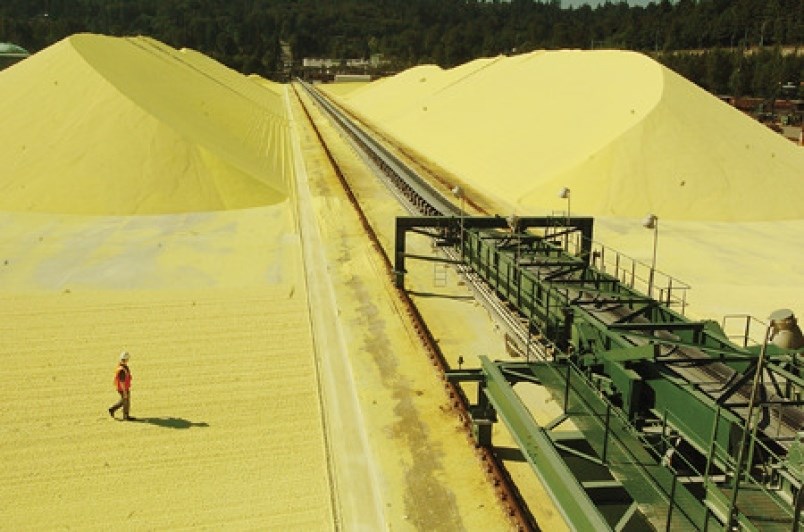Canada’s Federal Court of Appeal has upheld a ruling that sided with a B.C. port worker who was disciplined for refusing to operate a forklift because he claimed it would violate safety regulations.
The case dates back to Dec. 6, 2022, when Nenad Habus, a longshoreman and first-aid attendant for Pacific Coast Terminals Co. (PCT) in Port Moody, B.C., raised concerns that two pallets of lubricants were in a location that could hurt someone.
Habus was told to get in a forklift and move the pallets. The worker refused to operate the machinery. He told his foreman and manager that doing so would take him too far from his first-aid station and therefore endanger other workers.
After the incident, Habus refused to fill out and sign a “refusal to work registration form,” and he and his union, the International Longshore and Warehouse Union, Local 500, did not attend a meeting requested by the British Columbia Maritime Employers Association — the employer's association that represents PCT.
The employer responded by handing him a three-day suspension and a one-year restriction from working at the terminal — a 43-acre facility that handles and ships sulphur, canola oil, potash, and ethylene glycol to ports around the world.
The Canada Industrial Relations Board (CIRB) had previously ruled in favour of the worker, finding Habus had the right to refuse unsafe work under the Canada Labour Code and was wrongly disciplined afterwards.
In their review of that decision, a three-judge appeal panel affirmed CIRB’s decision, unanimously finding Habus had fulfilled his duty by verbally reporting his safety concerns on the day of the incident.
The ruling clarified that the federal Labour Code does not require an employee to complete forms or attend meetings as part of an unsafe work refusal investigation. The judge also rejected the employer’s argument that Habus's refusal to participate constituted misconduct, noting that the law allows for an investigation to proceed even in an employee’s absence.
“The protection provided to employees refusing unsafe work does not come at the expense of the employer’s ability to see the process through and determine after the fact whether the refusal constituted an abuse of rights warranting discipline,” wrote Justice John Laskin for the panel.
The court’s ruling means the CIRB's order to rescind the three-day suspension and compensate Habus for lost wages and benefits remains in effect. The CIRB will also retain jurisdiction to address further claims for compensation for the extended one-year suspension.



